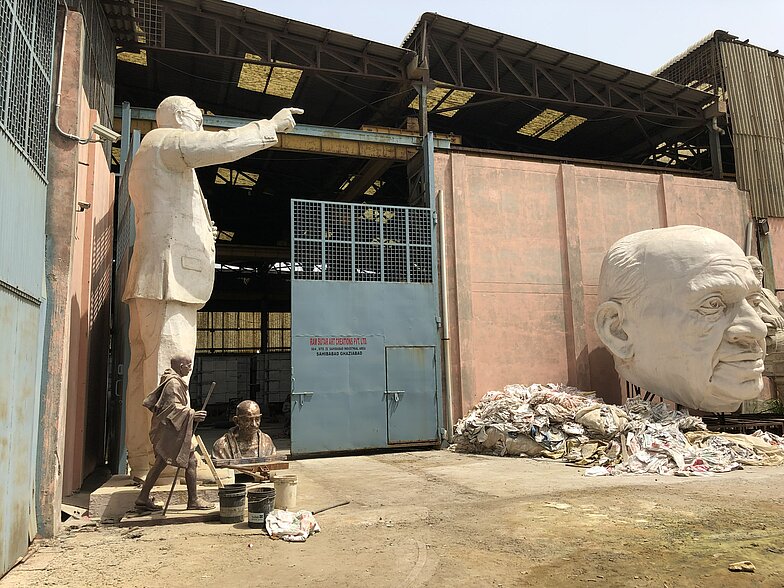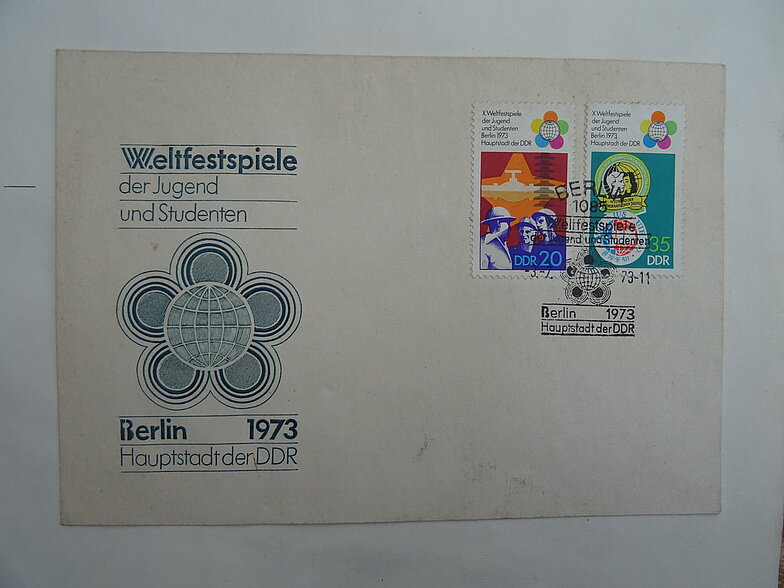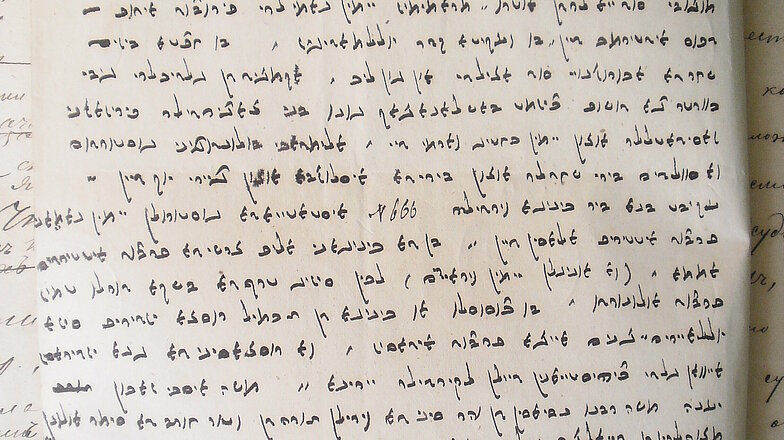
In times of social crises and upheaval, as well as a lack of utopias and visions for the future, pasts often become a contested resource. Under which circumstances and with which political goals can representations of the past become a mobilising social force? Which ideas of social justice and the right to speak about and for the past are linked to it? These are core questions of the research unit. Empirical research concentrates on (post-)colonial or (post-)socialist societies in Asia, Africa and the Middle East. The aim is to identify translocal connectivities between discourses and practices of representations as well as to compare struggles over images of the past in different periods of time. Thematic foci are the relationship between historically operating sciences and politics, the significance of memory politics as well as practices of interacting with historical images in everyday life.


